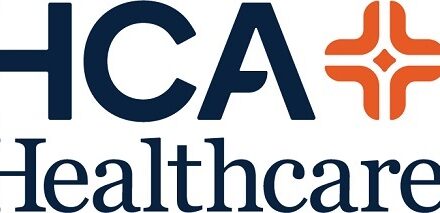September is National Atrial Fibrillation (AFib) awareness month; I want to take this time to emphasize the importance of detecting and treating AFib.
The heart has groups of specialized cells that generate electrical impulses which travel through natural pathways from the top chambers to the bottom chambers of the heart (from the atria to the ventricles). These impulses make the heart contract and pump blood efficiently. In AFib there are changes in the structure of the atria that result in abnormal electrical firing creating uncoordinated and ineffective atrial contractions. Blood can pool in the atria forming clots that, if dislodged can travel to the brain causing a stroke. The heart beat in AFib becomes irregular and can result in very fast or slow heart rates due to this abnormal electrical activation.

Knowing if a person has AFib is important. It is associated with a 5-fold increased risk of having a stroke, a 3-fold risk of developing heart failure and a 2-fold risk of both dementia and mortality. AFib strokes are likely to be more severe than non–AFib related strokes.
Symptoms range from fatigue, chest palpitations or pounding, chest pain or pressure, difficulty breathing, dizziness, or fainting. Unfortunately, some patients are found to have AFib only after having a stroke. Some people with AFib feel no symptoms at all.
Conditions that predispose patients to develop AFib include:
•Age over 60
•Coronary artery disease
•Heart failure
•High blood pressure
•Heart valve disease
•Prior heart surgery
•Sleep apnea
•Hyperthyroidism
•Diabetes
•Alcohol abuse
Patients with suspected or proven AFib need a full history and physical exam. An electrocardiogram should be done to confirm the diagnosis. There are devices like Holter monitors and event recorders that are worn by the patient and monitor the heart during days or weeks. All patients with AFib should have an echocardiogram done by a cardiologist to detect any underlying heart disease. Blood thinners are indicated if the risk for stroke is significant.
Treatment options depend on how long, often and severe the AFib episodes occur. Treatments range from the use of medications, non-invasive procedures (cardioversion and catheter ablation), to hybrid procedures where cardiac surgeons and electrophysiologists work together to get the patient back into a normal heart rhythm. As cardiac surgeons, we have a unique and great opportunity to treat patients that need heart surgery and have AFib. During surgery we create lines of scar tissue that block the initiation and propagation of AFib.
Treating AFib successfully improves quality of life, reduces mortality, and decreases the potential for developing strokes and other cardiac conditions.
Dr. Neil Galindez is a cardiothoracic surgeon with Tenet Florida Physician Services where he specializes in minimally invasive surgery for AFib in Palm Beach Gardens, Delray Beach and Fort Lauderdale.


























